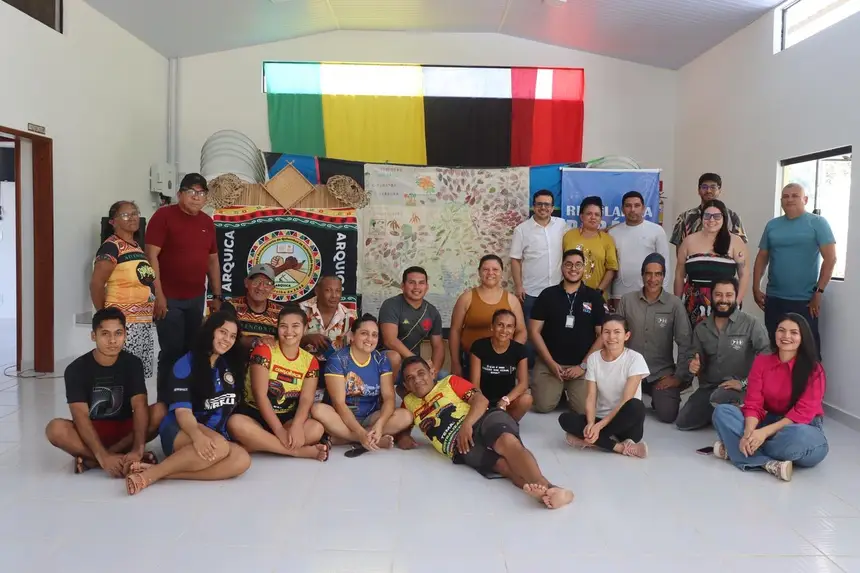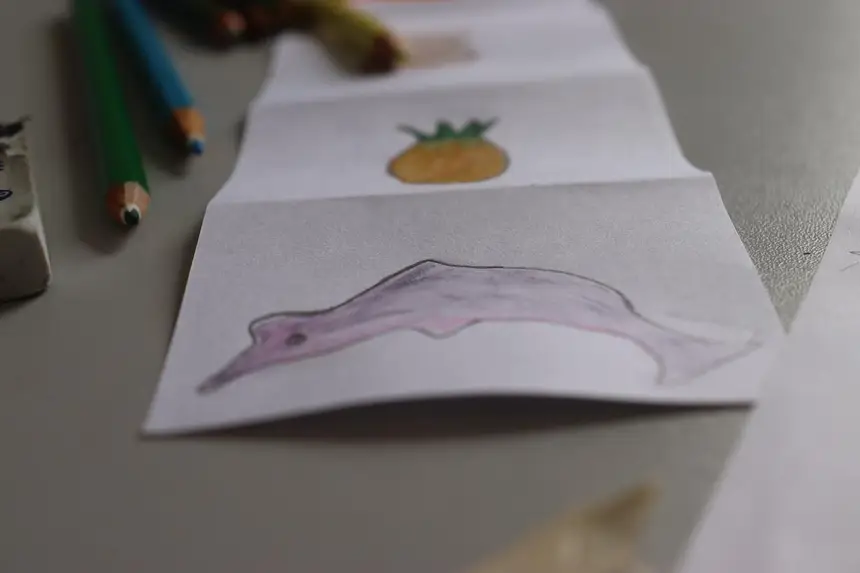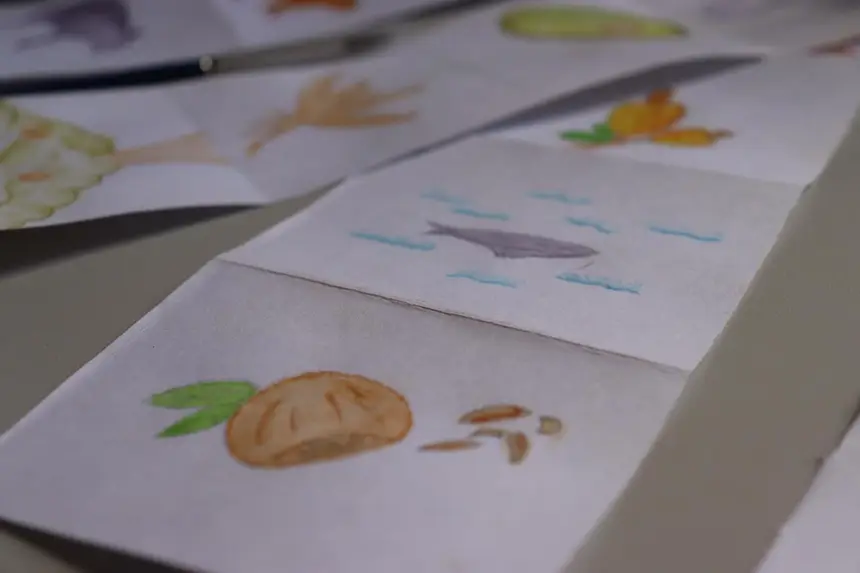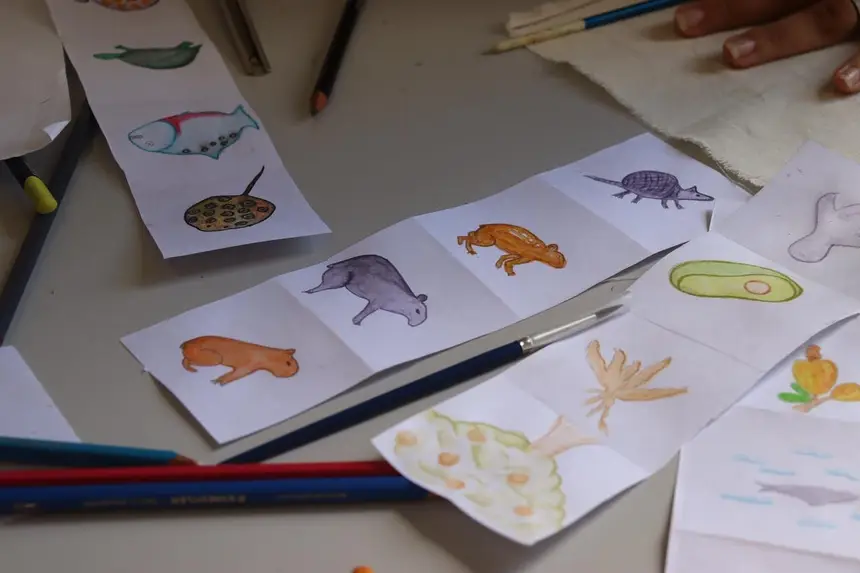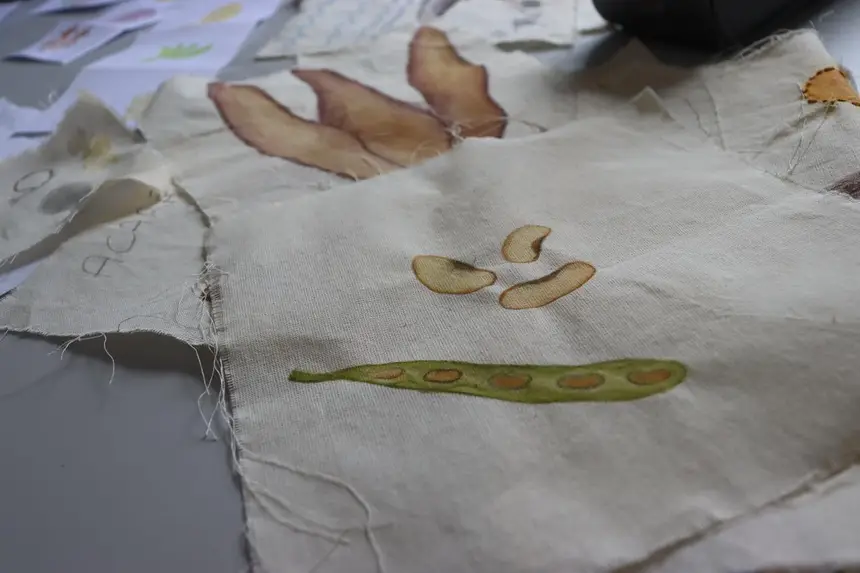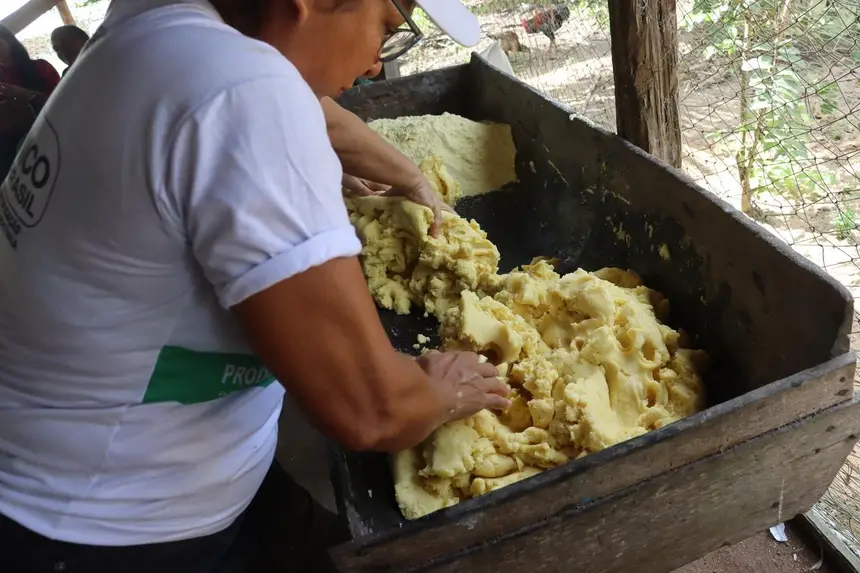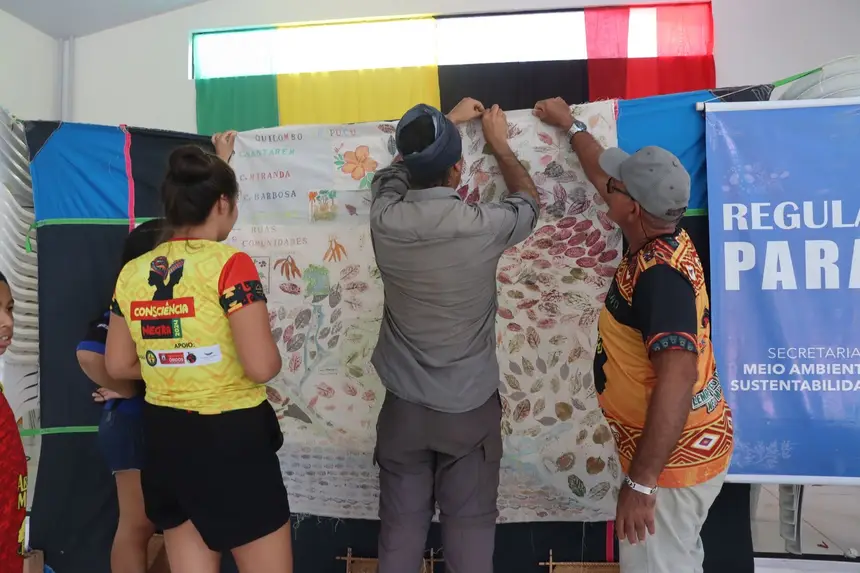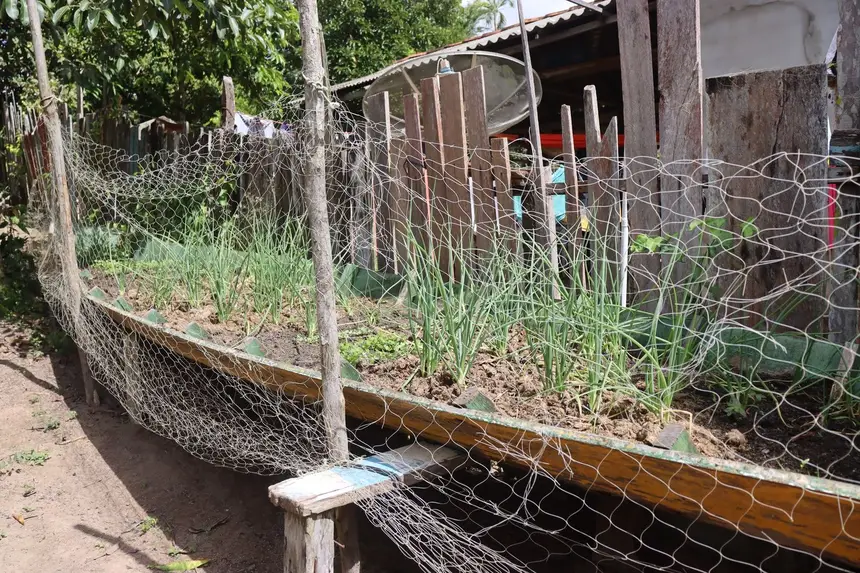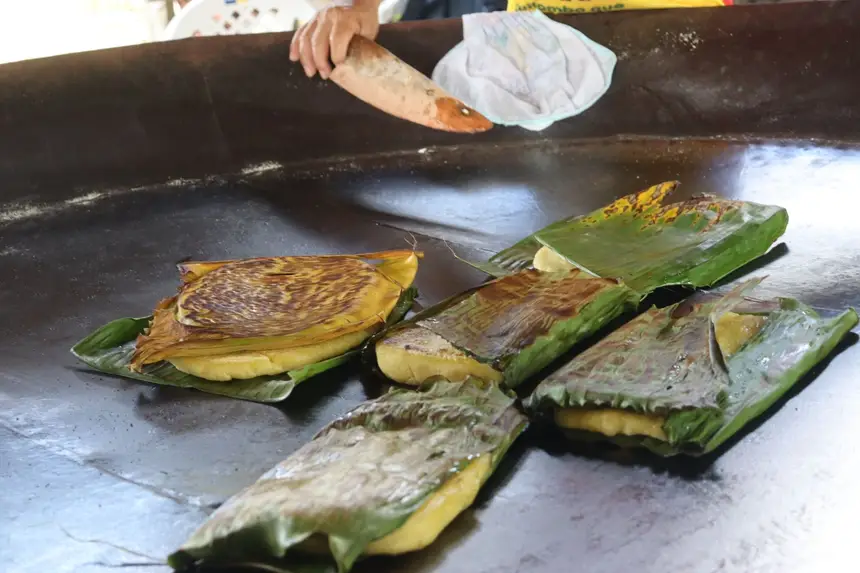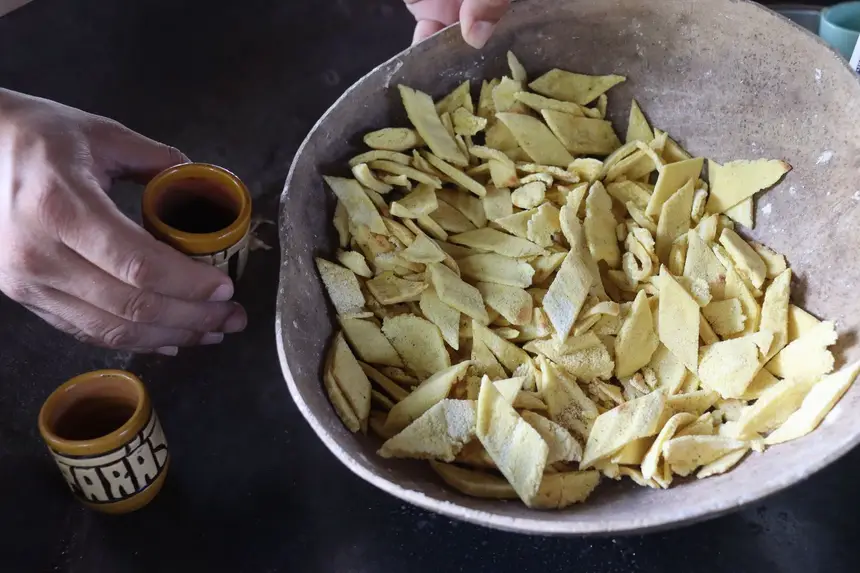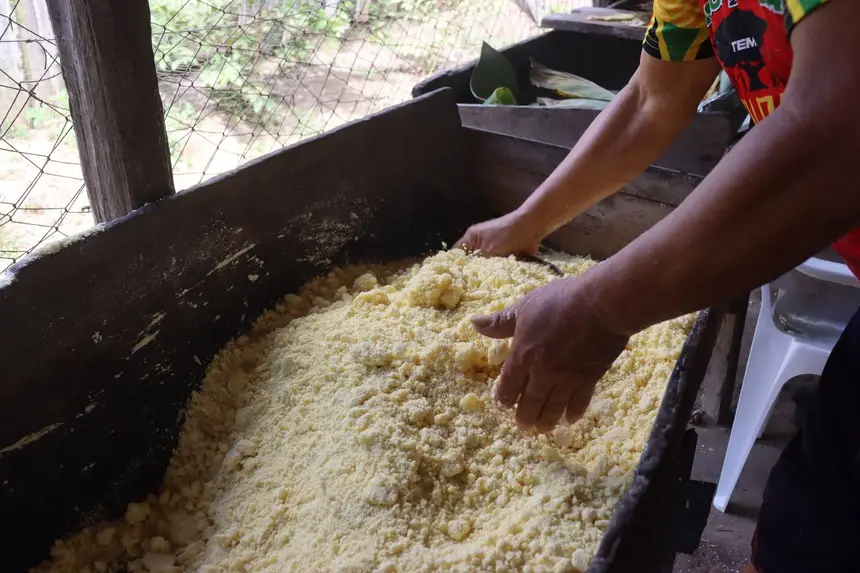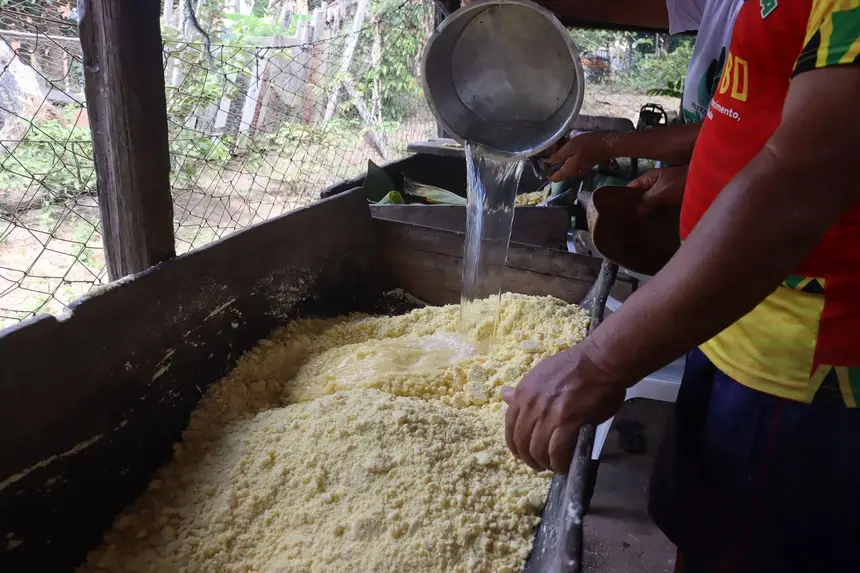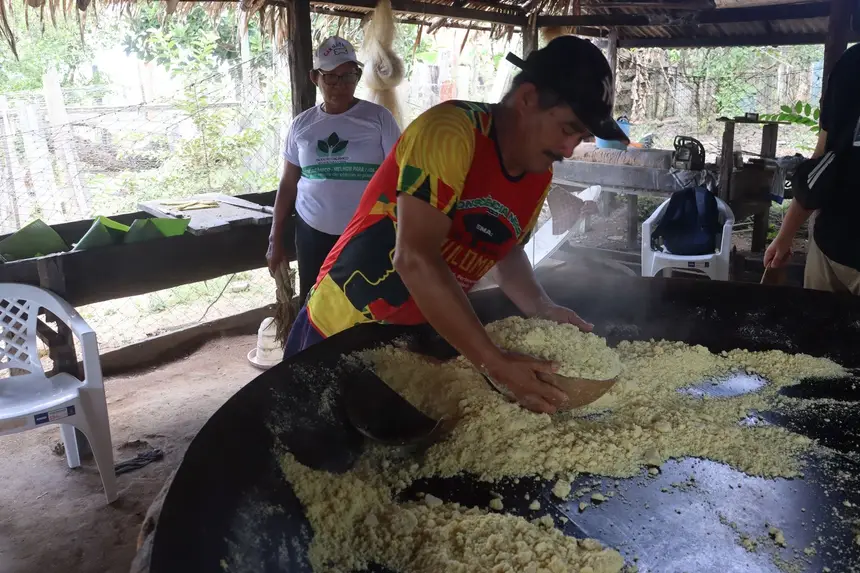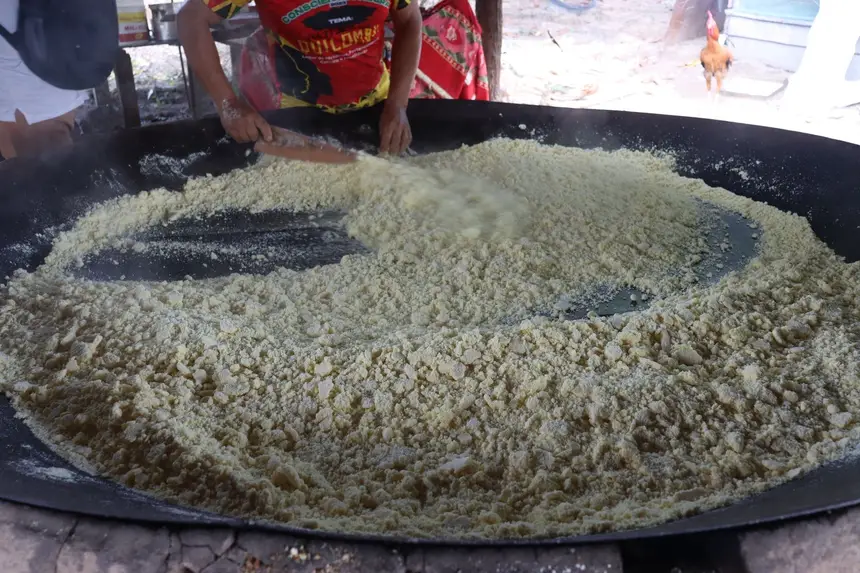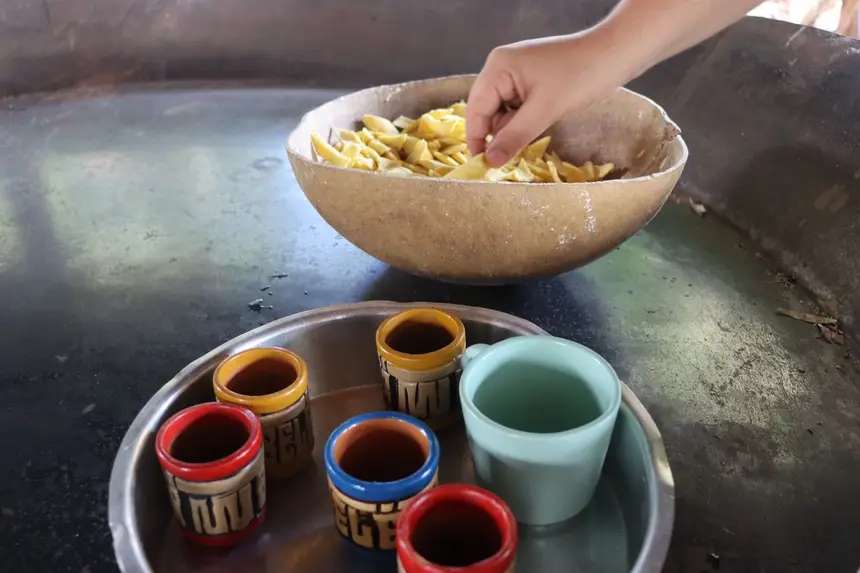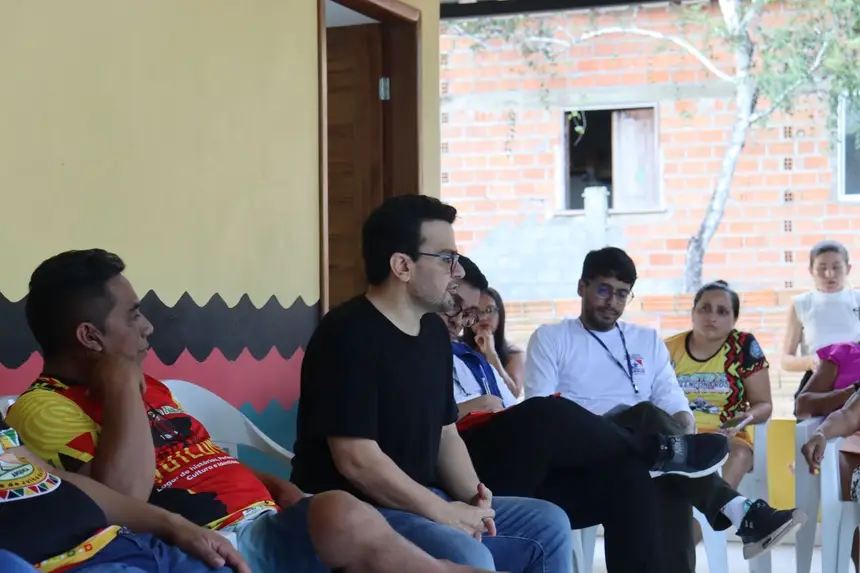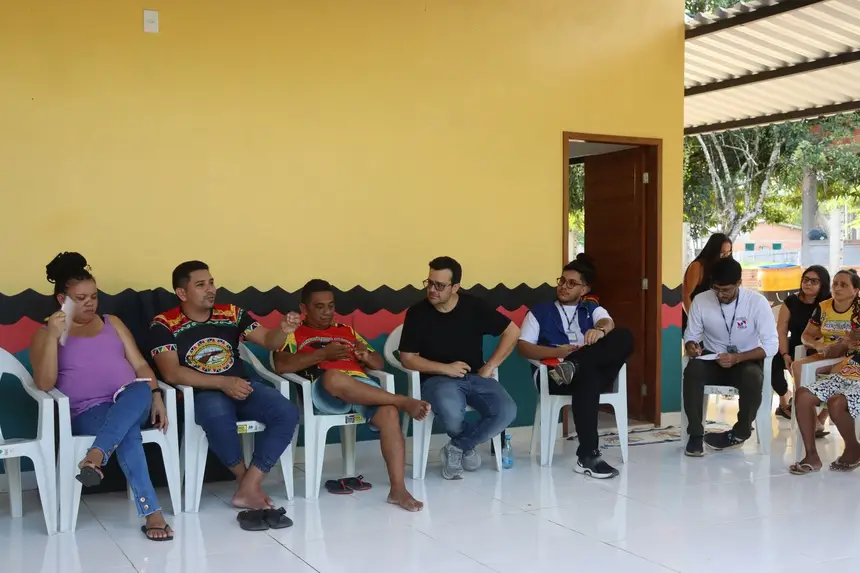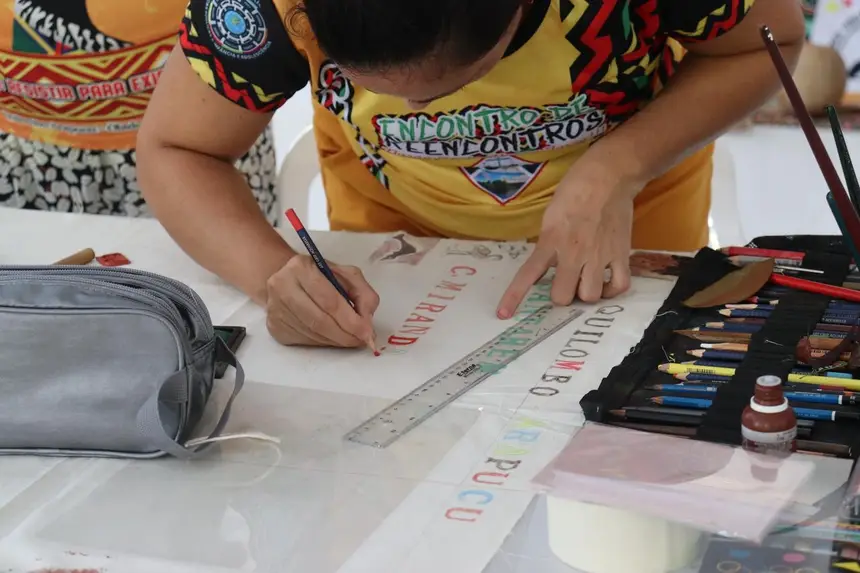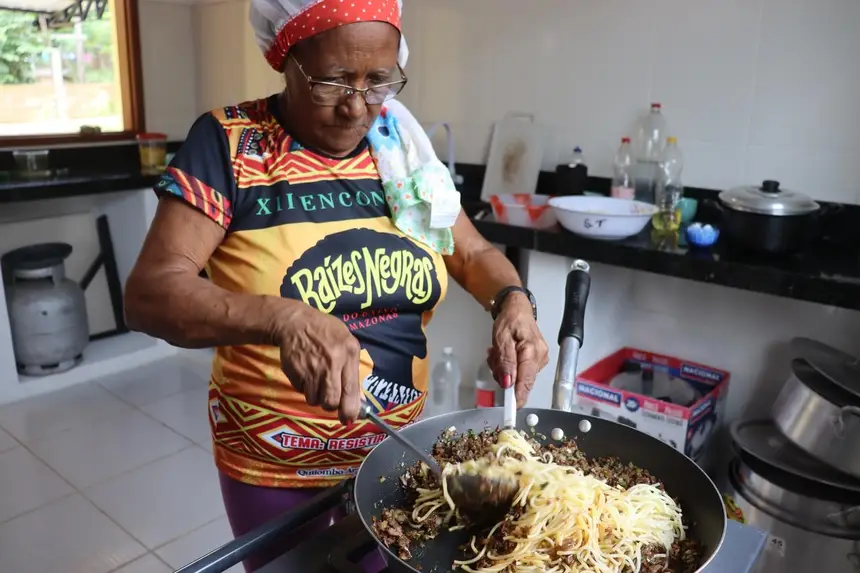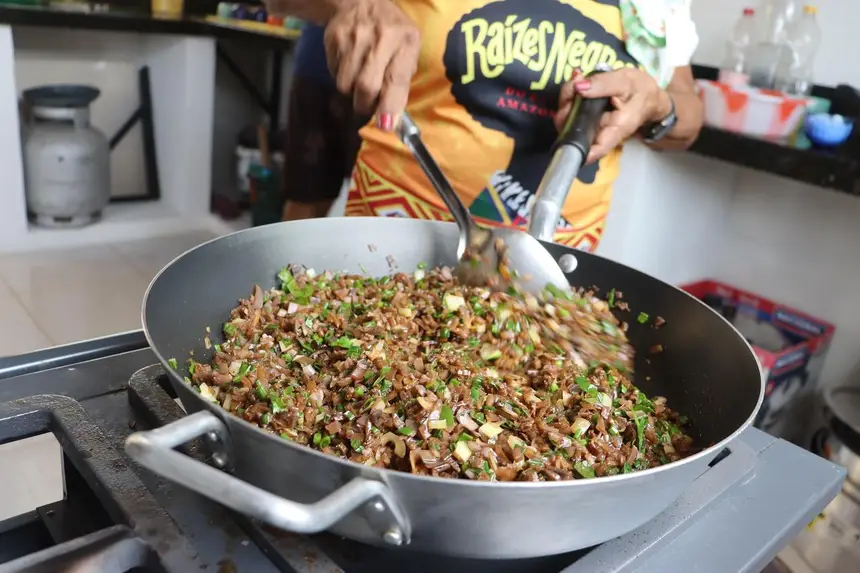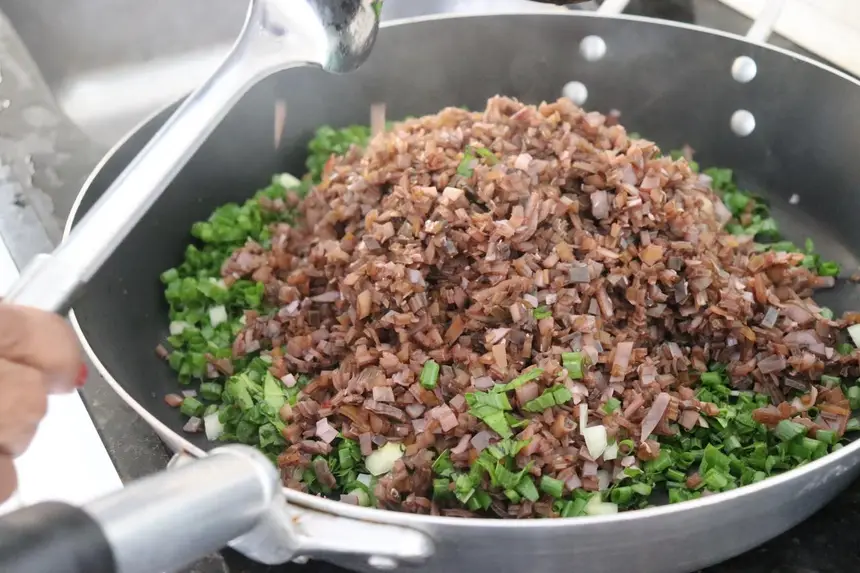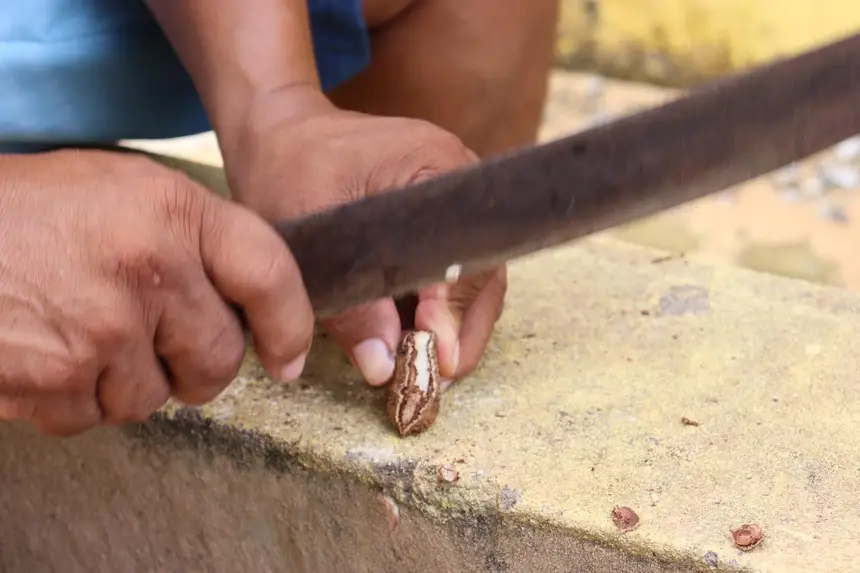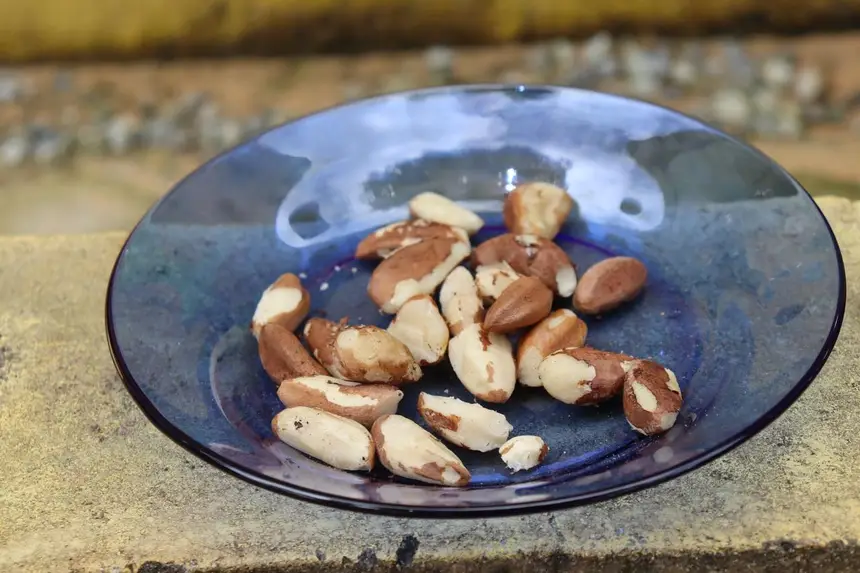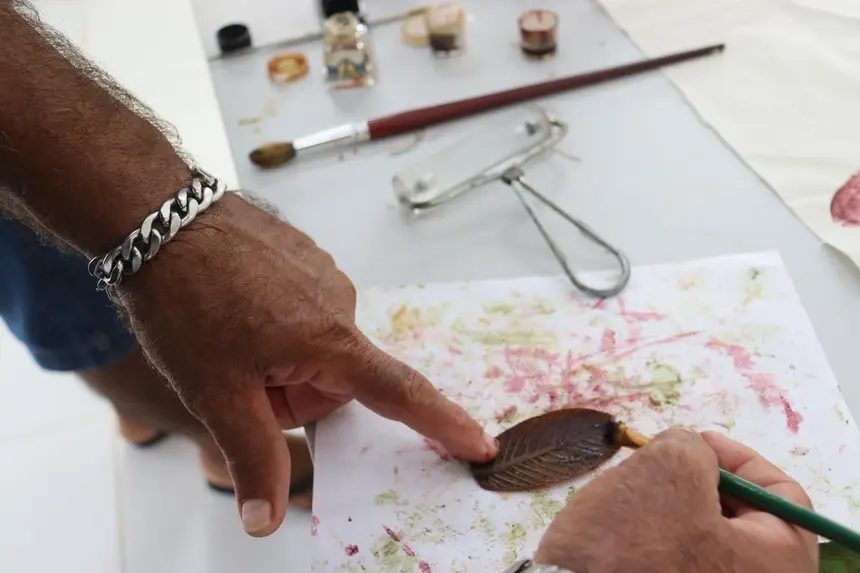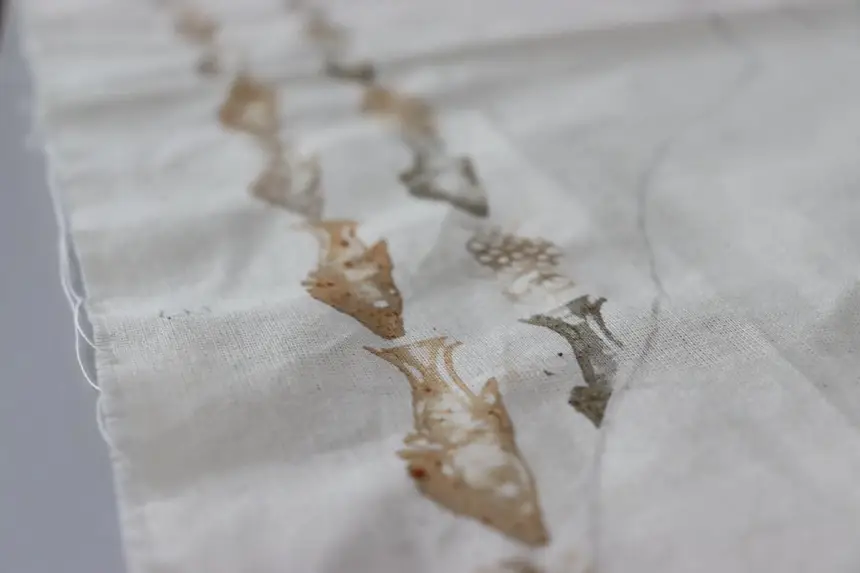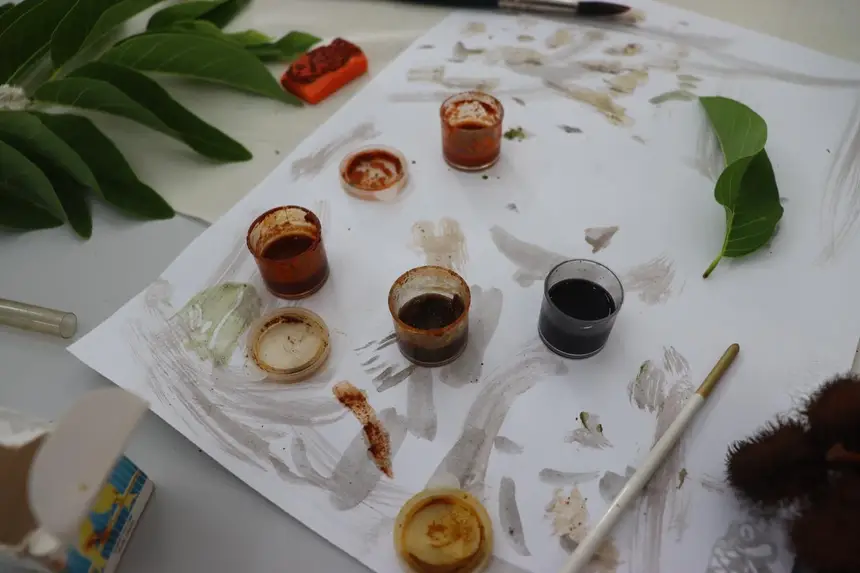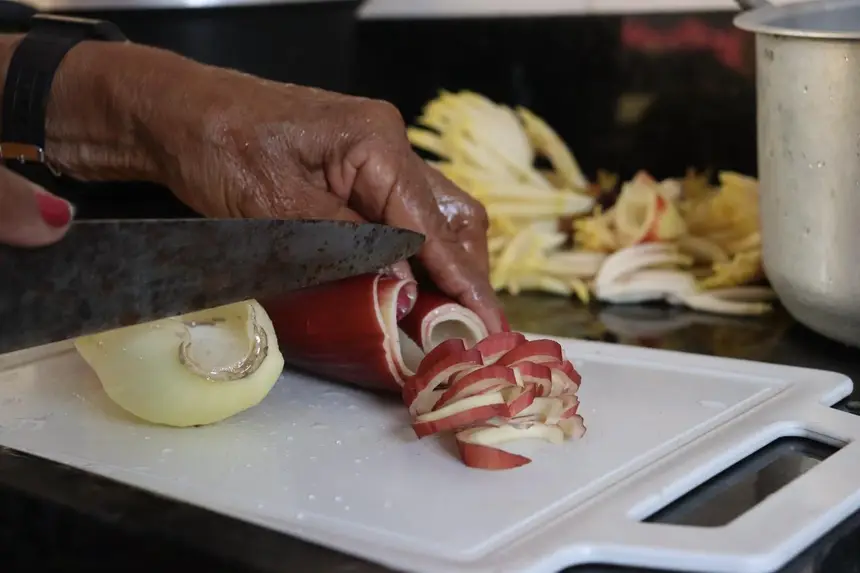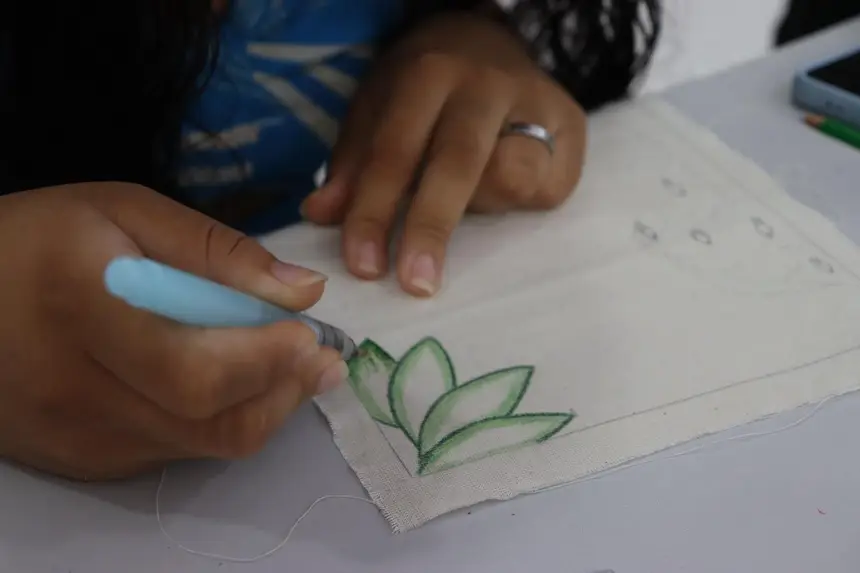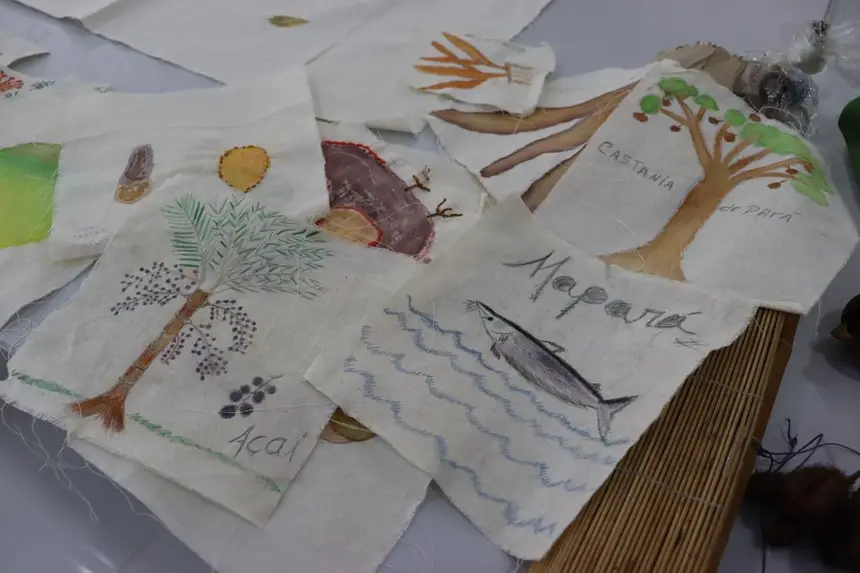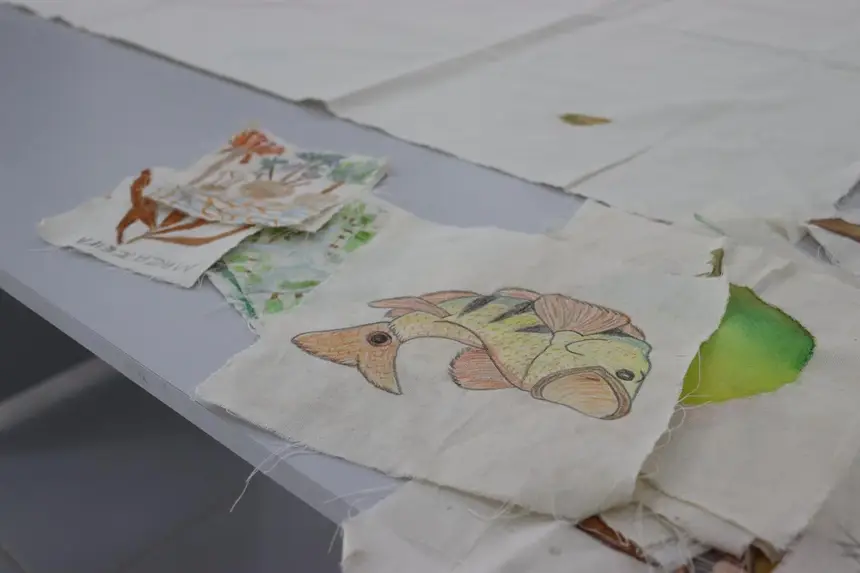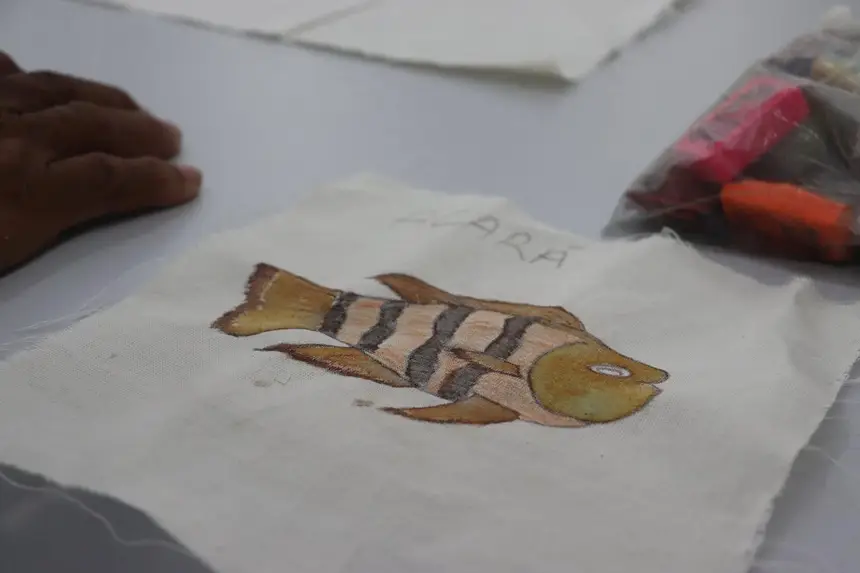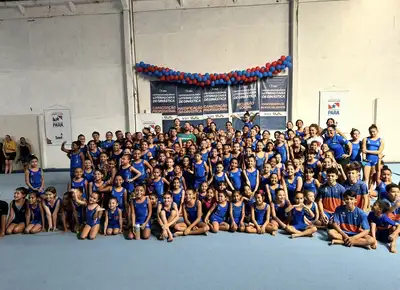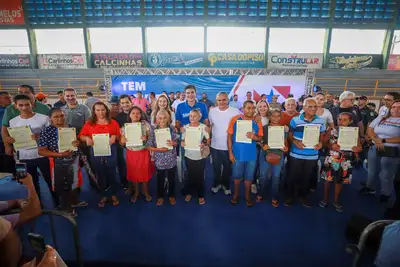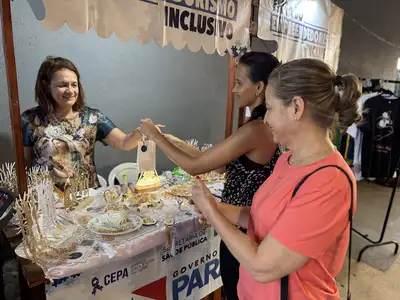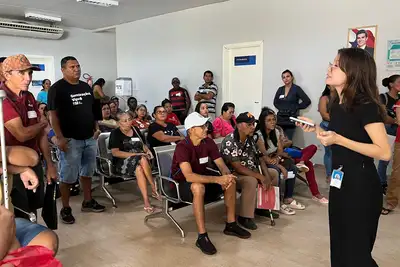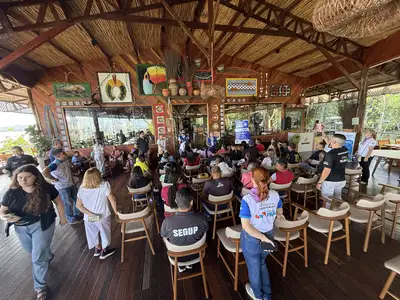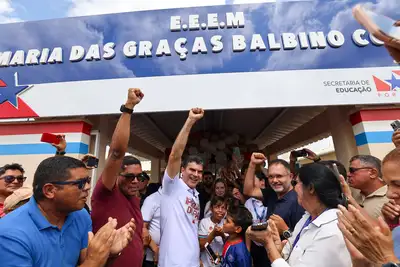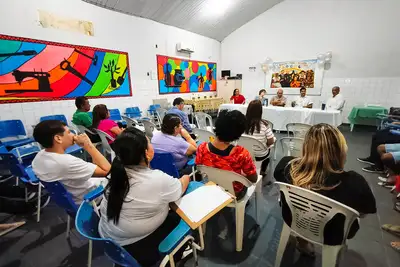Semas strengthens quilombola protagonism in workshop of the Amazon Food Atlas in the Arapucu territory
The only Brazilian quilombo selected to be part of the Amazon Food Atlas, Arapucu, in Óbidos, hosted workshops and research focused on valuing traditional practices
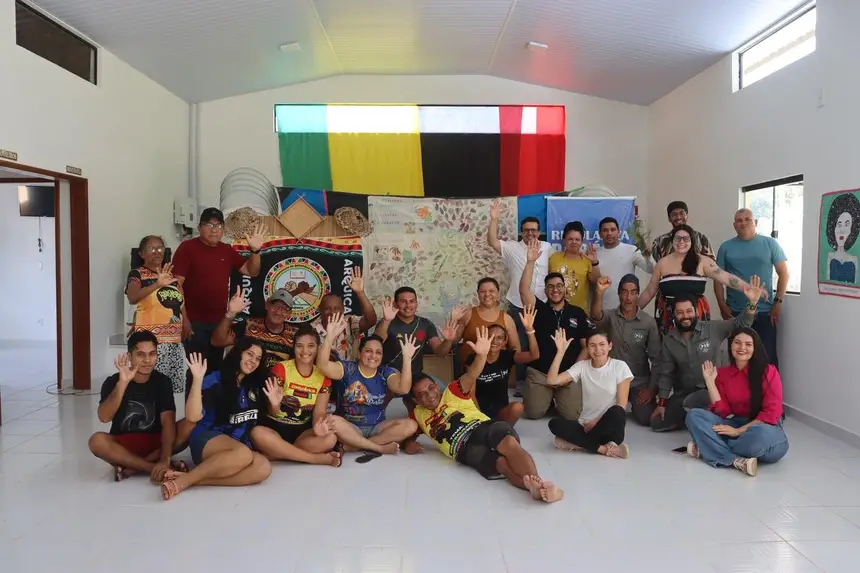
In the indigenous Tupi-Guarani language, "Arapucu" means "long or extended day" - and so were the last days of learning and sharing knowledge in the quilombola community of the same name, located 17 km from Óbidos, in the Lower Amazon region.
Between May 20 and 23, the community received the Amazon Food Atlas, an initiative developed by the Amazon Conservation Team (ACT) in the context of the Sustainable Landscapes of the Amazon (ASL) project. The proposal aims to study and value the food practices of traditional peoples and communities of the Pan-Amazon. In total, seven countries and 14 communities were selected to compose the Atlas, which seeks to gather and disseminate indigenous food knowledge and its relationships with territory and biodiversity.
The event's program included participatory workshops and field research in specific territories, including the only quilombo chosen in Brazil: the Arapucu community. The State Secretariat for the Environment and Sustainability (Semas) participates in the action in cooperation with the Ministry of the Environment and Climate Change, being responsible for the indication of the territory — a choice that reflects the history of public policies in the region, especially through the Regulariza Pará program, which articulates actions such as the Rural Environmental Registry for Traditional Peoples and Communities (CAR/PCT), essential for environmental regularization and the socioeconomic strengthening of these territories.
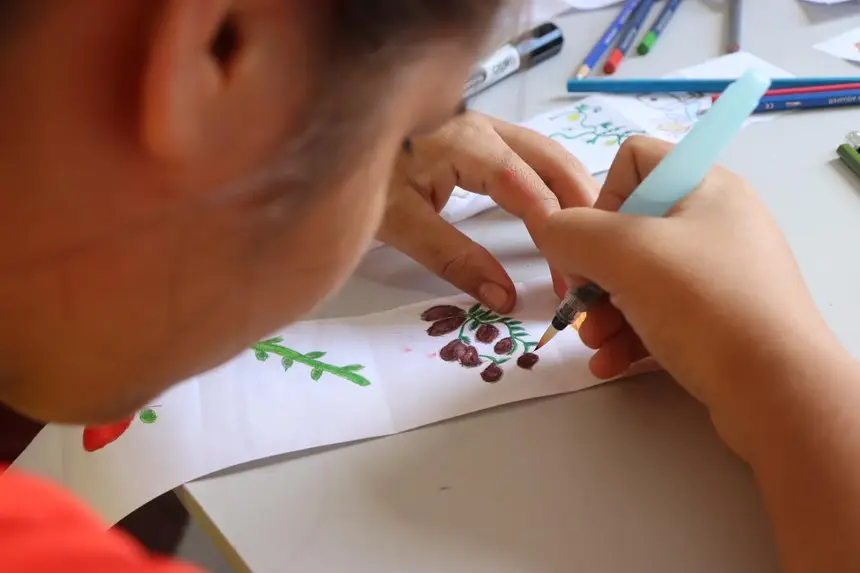
Óbidos is, in fact, the first municipality in Pará with 100% of quilombola territories registered in the CAR/PCT. Seu Bena, from the quilombola community Tiningu, from Santarém, was invited to participate in the workshop and reported the importance of the experience. "This meeting will take our cuisine and food, the wealth we have within our lakes and forest, to the world. The professionals from Colombia, together with Semas, are here providing all the support for us. It is also very important for us to have more knowledge about the foods we have in our community and how to prepare them, like cumaru pudding, for example. We already have a partnership with the State through the CAR, and now we are grateful for the concern to show our way of life, the knowledge we have, to the world, through the Atlas," he said.
In addition to him, representatives from the Federation of Quilombola Organizations of Santarém (FOQS), from the quilombola territory of Saracura, and from the quilombola territory Maria Valentina participated.
Also expressing satisfaction in participating in an international initiative was the president of the Remnant Association of Quilombolas of the Arapucu Community (Arquica), Redinaldo Alves, who spoke on behalf of the residents. "Through the public policies that the State brings into our communities, through Semas, we are gaining access to this workshop of extreme importance for our territory. This gives us the guarantee that our knowledge, through the Atlas, will be taken to the whole world. We can only thank the State for having this concern for our region and for supporting us with the presence of the deputy secretary and other technicians."
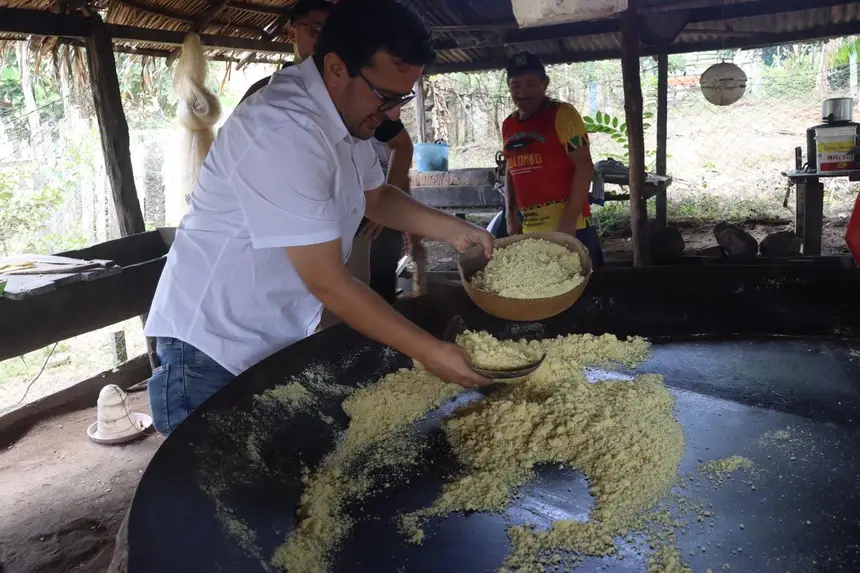
For Semas technician, Sérgio Continhas, the initiative reinforces ties with traditional communities. "It was an extremely rich and transformative experience. We have already built a relationship with these communities for about four years. The insertion in the CAR/PCT is not the end of a cycle, but rather a stage of a process that opens doors for new policies, such as the construction of the Atlas. Semas has grown along with this experience, developing methodologies in partnership with the communities. It is a true immersion that reveals the daily lives of quilombola families. A remarkable experience that will be recorded for life."
The deputy secretary of Environmental Management and Regularity of Semas, Rodolpho Zahluth Bastos, also highlighted the importance of the project. "Semas's participation in this initiative reinforces our commitment to the recognition and valorization of traditional peoples and communities. The CAR/PCT is a strategic tool not only for environmental regularization but also to ensure visibility, rights, and inclusion of these populations in public policies. Seeing the Arapucu community being a protagonist in an international project like the Amazon Food Atlas shows that we are on the right path by investing in environmental management that respects the cultural and territorial specificities of the peoples of the Amazon."
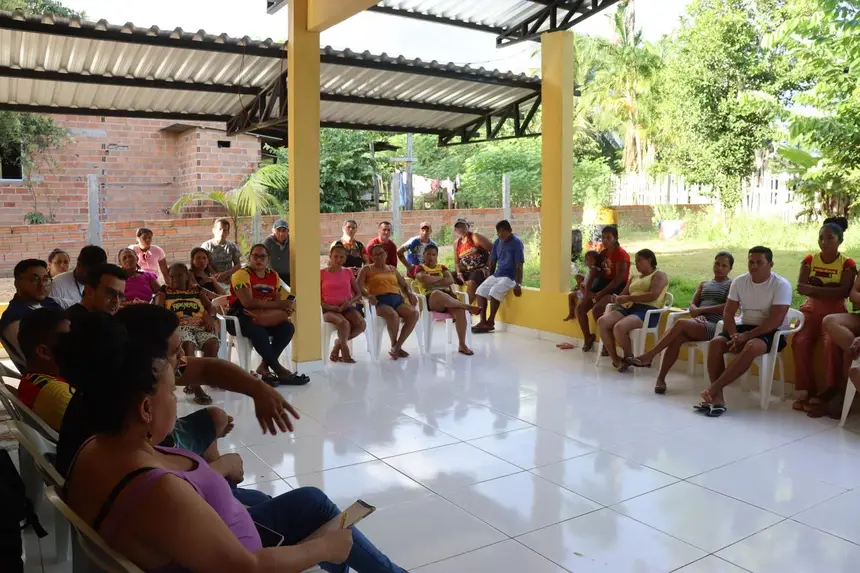
The ACT team present in Arapucu was composed of Beatriz Fernandes Farias (anthropologist), Daniel Monteiro (Colombian socio-environmental professional), and Hernán Gomez (thematic arts specialist). For four days, they conducted daily activities with the community, gathering information about ingredients, preparation methods of traditional foods such as bejú and mangará, utensils, local food traditions, in addition to extra activities such as a theater workshop for children.
"We are here in the quilombola community of Arapucu conducting participatory research focused on traditional food. We want to understand and disseminate to the world the richness of local foods, especially fish, which plays a central role in the diet. We were impressed with the diversity present here and with the community's involvement. Although it is not our first time in Brazil, it is the first visit to Arapucu, and we are very happy to contribute to the mission of the Amazon Conservation Team: to preserve the forest and strengthen traditional populations," highlighted Daniel Monteiro from ACT.
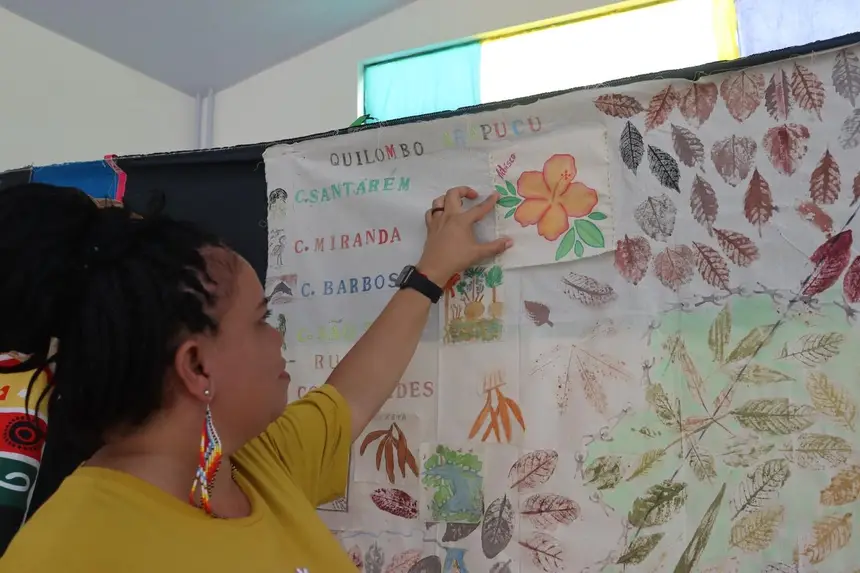
The project also foresees the participation of representatives from each workshop in an international exchange, which will take place in July in the city of Leticia, Colombia, promoting the sharing of knowledge among the forest peoples of the Pan-Amazon.


